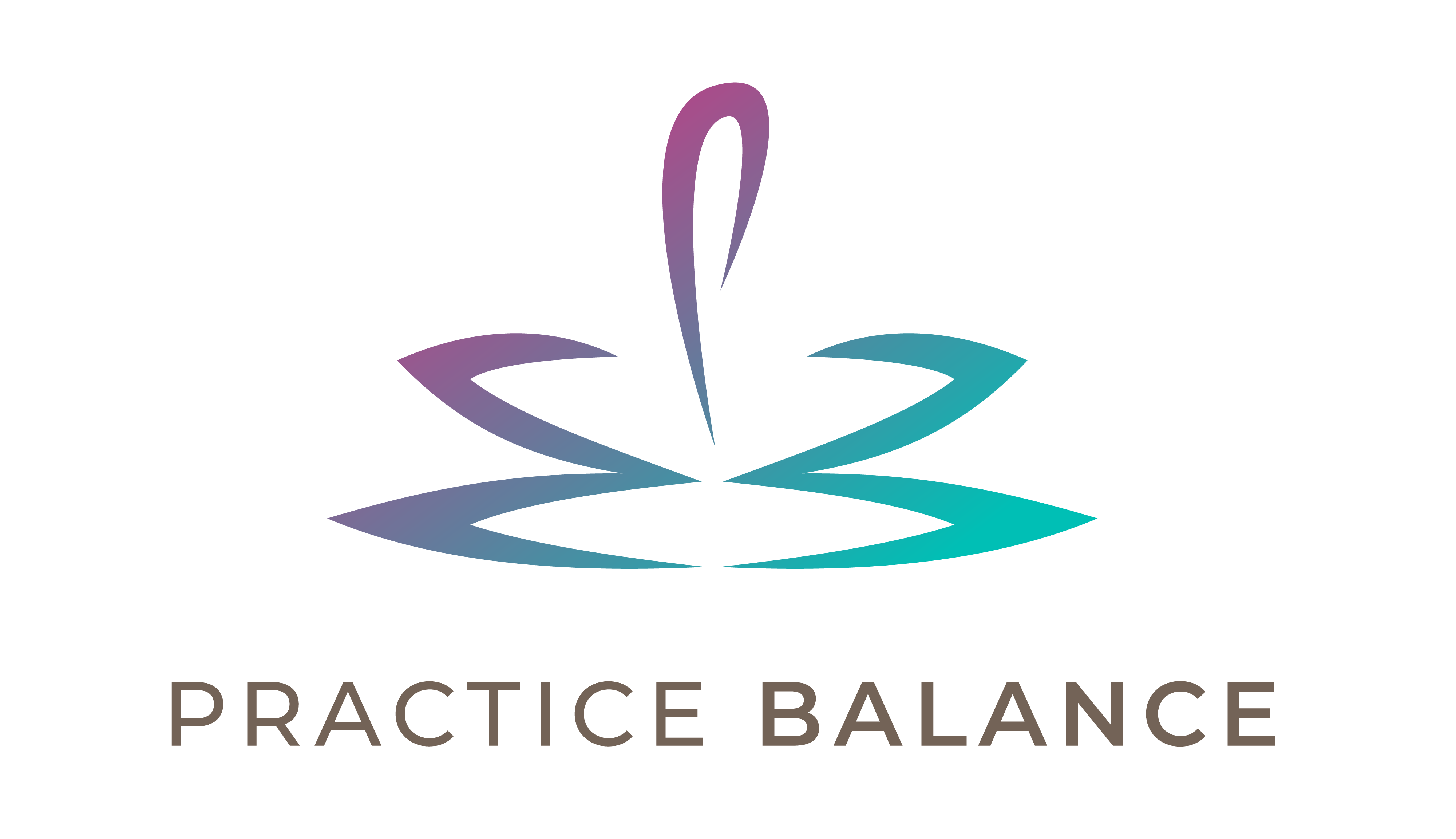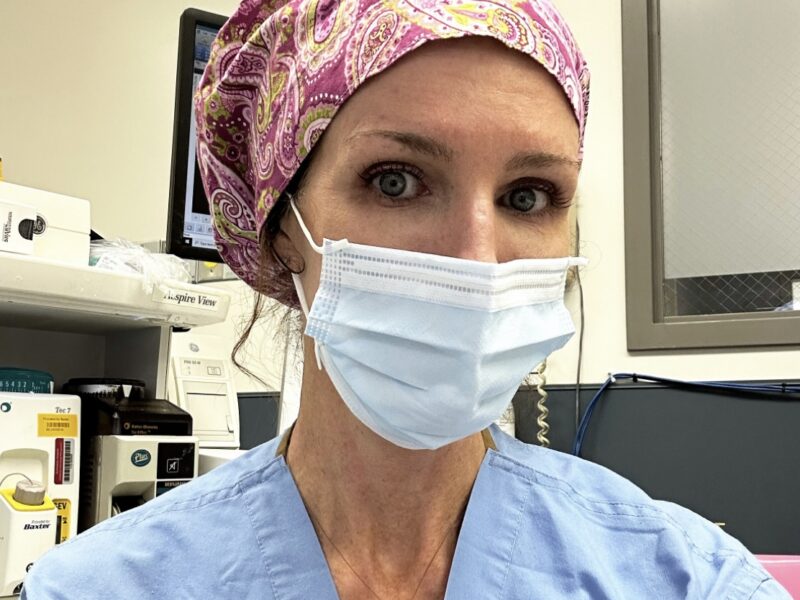(Note: If you’d like to listen to this article as a podcast episode, scroll to the bottom of the page)
With the advent of the internet, reviews have become a huge part of our consumer experience. For instance: I’m a big Amazon shopper (when you live in a rural place that doesn’t have a lot of brick and mortar stores, you have to be), and I always look at reviews for the products I’m considering. It’s become a huge part of online shopping.
The services we offer as professionals – healthcare, legal services, accounting services, etc. – are no exception. These are also now part of the consumer experience. Also, any of us that are putting creative work out into the world – books, Youtube videos, etc. – reviews and comments are a big part of the game.
Conditioned by the system
In medical school, the only grades you get in your 3rd and 4th years when you’re rotating through your clinical clerkships are evaluations – which are essentially reviews. And then these reviews go on to be the foundation upon which your dean’s letter is written when you apply to residencies. It happens in law school too: your entire grade for a semester-long class can hinge on one evaluation you receive from one essay.
Needless to say, we become conditioned to care heavily about reviews due to the structure of our professional training programs. And this indirectly translates to a reticence to lean out. If you lean out, you’re sticking out. If you’re sticking out, you’re becoming a headache for a chief resident or an attending. So we learn to become chameleons – act like everyone else on the team you’re on during these 4 or 6 weeks, even if you have absolutely no interest in pursuing that specialty.
What you’re reviewed on can be quite arbitrary and depend highly on the mood of the reviewer on a given day. In anesthesiology residency, I attended a program with a very large faculty base. You may not work with someone for months, and then have a day that didn’t go as well with that person. They receive a review about you and write things that are really a mere snapshot of your overall performance.
When I was in residency and was struggling with an illness I wasn’t yet aware of, I got some bad reviews. It definitely fueled my desire to quit residency – something I came close to but am now glad I didn’t do. When I was told I had stress-induced premature ovarian failure, I tried to quit but was urged by department leadership to take a leave of absence. A faculty member got wind of this right around review submission time and wrote some not nice things about how taking a leave of absence was an unprofessional move. On the cusp of studying personal development in attempts to cure my own burnout, this was a defining moment where I started to let go of the hold reviews and evaluations had on me.
Later, after I was diagnosed and treated for a brain tumor, I looked for jobs and was offered one by the department where I was finishing my training. It was a great opportunity… only I felt uncomfortable about being a “black sheep.” I had been marked by some bad reviews, and despite doing work on my thoughts around them, those reviews were still in my head. I confided this to a faculty member I trusted. He remarked, “Those people are never going to evaluate you again; they will have no power over you.”
I went on to work at that institution for more than 10 years.

My recent “bad review” experience
Nowadays, the reviews I encounter are mostly for my book, for my podcast, talks I give at conferences, and my coaching services. I’ve not had any glaringly negative things said to date in these arenas.
But something happened to me recently while working as an anesthesiologist. Typically, in my specialty, patient reviews aren’t a huge component of professional success. But there are definitely times when you might be involved in a patient complaint. The other kind of thing that might happen (which is what happened to me and can happen in any workplace) is an internal staff complaint or getting “written up” by someone.
The other day, I got a call from one of the higher-up partners in the group where I do regular PRN (as-needed) work. Another anesthesiologist covering cases in the cath lab over the weekend had heard a complaint from a tech about the anesthesiologist that had worked in there on Friday… and that anesthesiologist was me.
The person who heard the complaint doesn’t know me, so he thought he should tell one of the main people about it in case there is a problem that needed to be addressed. The complaint was essentially, “She couldn’t intubate, and she was yelling at staff.” The sentiment was that I was flailing – which I actually was – but the implication was that it was due to a lack of skill, and I had also acted unprofessionally.
This is not an accurate portrayal of what happened that day. I had an unanticipated difficult airway, which on top of this already normally stressful event, happened in a non-OR location (meaning it was not in a normal operating room near all the equipment and regular personnel. It turned into an emergency requiring me to ask multiple people to help me ventilate the patient in between attempts at the airway, and culminated in me also requesting another anesthesiologist for help.
I don’t need to go into the specifics of how an unanticipated difficult airway is handled, but the bottom line is that it is an emergency and requires skilled hands for help. Failed airways are a major source of morbidity and mortality in the anesthesiology field; as such, the American Society of Anesthesiologists has an algorithm in place for handling the difficult airway – something we train on and practice extensively in residency. I followed the first steps of the algorithm tree, which are to recognize the difficulty quickly, call for help, try different pieces of equipment in a specific order to establish the airway.
The patient did fine, and I established an airway that ended up not being the right type for the case before a second anesthesiologist came into help me (keep in mind that I’m outside the normal operating room suites so it takes time for anyone or anything to come to you in this situation). Once I stabilized the patient, I changed the airway to the correct type for the procedure with the help of the second anesthesiologist.
This whole process, which you can imagine was very stressful, delayed the case by probably 30-60 minutes… which was probably part of the impetus for the complaint. The people who normally work in the cath lab likely don’t appreciate the gravity of the situation and merely saw it was an inconvenience to them. I have felt tension from them when working there in the past, as an “outsider” that comes in and doesn’t know where anything is so has to ask them a lot of questions. I’ve experienced lots of eye rolls and have had some tense interactions there before. I also suspect there’s some sort of resentment related to the power differential involved.
Regardless, I have to say that this whole thing got me bothered. I kept running through what had happened in my head, and it got to the point where I was gaslighting myself and wondering if I had indeed managed the case well. I had a horrible night’s sleep that night with all sorts of work-related anxiety dreams. When I have them, they usually involve difficult airways!
But I got over it pretty quickly and was back to my normal self the next day.
How did I not ruminate on this situation, making it mean something about me? How am I not letting it affect my confidence now? Today I’m going to share with you some tips for dealing with bad reviews – no matter what type.
Consider the reviewer
Are they a stakeholder in your career? Will it affect stakeholders, and what those people think? Their opinions matter more than the reviewer. For me, the higher up members of my group that got wind of this complaint were in disbelief, which is why one of them called me. They wanted to make sure they understood what happened so they could support ME. That’s a good work environment; those are supportive colleagues!
For the most part, people are on your side and want to see you succeed.
If the review in question is from a reader, a consumer, or a patient/client, also consider the mindset of that person when they made the review. A lot of times, a negative review says more about the reviewer than it does about the reviewee.
Pause and analyze
If you’re heading down that negative spiral, making the review mean something about you, your abilities, or your worth, pause. Conduct a thought analysis to remember what is really true. I mean literally take out a piece of paper and write down the thought that’s causing you distress. I’m not talking about the circumstance – don’t confuse the circumstance for the thought that’s causing the distress. The circumstance might be “this patient complained about his outcome.” The thought is probably something like, “I’m failing my patients. Then figure out if it’s REALLY true. Likely, you cannot prove that it’s really true.
One of my coaching clients had been feeling a lack of fulfillment in her job, and after questioning, it turns out that part of this feeling comes from dissatisfied patients. When someone was not appreciative or happy with an outcome, expressed dissatisfaction, etc., she was making it mean something about her abilities. We were able to reframe the situation by analyzing the thoughts behind an example a comment where the patient had expected more than he really could get from an intervention. We turned it around from “I failed him,” to “he doesn’t appreciate the outcome… yet”.
Appreciate that negative reviews and complaints about you do serve a purpose
Yes, they are uncomfortable, but they force you to examine the way you’re doing things. If you’re never uncomfortable, if things always go as planned, will you experience any growth? I’ve had a couple guests on the podcasts who discussed the receipt of bad reviews as part of their own lean out journeys. You can find those here and here.
This is your chance to examine: is there a kernel of truth in the review? I have to say, my experience has forced me to think about my tone and volume when I’m asking someone to come help me with an airway. Maybe I did yell in someone’s eyes; I certainly did not mean to, but could I have handled things slightly differently? Probably.
Accept that you won’t be everyone’s cup of tea
I loved this extensive discussion of tea on the Mindful Healer’s Podcast. People are polarized when it comes to tea. People either love it or hate it, love certain flavors and absolutely hate others… it’s an analogy for life. Sometimes you’re just not going to get along with people. You will get off on the wrong foot, you won’t mesh communication styles, or senses of humor. Not everyone will like you, and it’s ok.
Get perspective on what really matters
Are you doing your work with integrity? Are you being a professional? Crafting and delivering a snarky response to the bad review is not considered professional, btw. Taking the high road, however, is. What matters most in this situation? For my example of the complaint in the cath lab, it’s the patient care that matters most. I was able to secure the airway without waking the patient up and cancelling the case, or worse – harming the patient in some way. When he woke up from his procedure (which he needed, by the way), he didn’t even complain of a sore throat. Does the person who made the complaint against me know or appreciate this? Probably not, but that’s not what’s important.
Do you have anything to add? What’s helped you in this type of situation? Share your thoughts by leaving a comment below!



 Lean Out Podcast: Reinvention with Sharon McLaughlin
Lean Out Podcast: Reinvention with Sharon McLaughlin

I have had similar situation 20 years ago
couple of times so was my brother who is also a Dr. , but nowadays people are just unbelievable how they behave, selfishness is rampart.
in any events I have very interesting positive article, how many millions Americans are waking up finally, thank God.
“100 Miles South Of Salt Lake City, A New Type Of Off-Grid Community”
https://www.zerohedge.com/economics/100-miles-south-salt-lake-city-new-type-grid-community
I was actually surprised that 30% of adult Americans and lot of z and millennial generation are sort of preppers I guess they realized, tough times ahead of us since they learn during covid lock downs
I have also spoken to few homestead families recently, and this winter 2024 they are doing this stress test or pilot test whatever you want to call it,
what they are planning to do is from November till March they completely trying to stay on their property fully prepared and stocked up on everything,
without going to to closest town for any reason, and see what other items or things they felt short or they might need
of course if they have emergency some sort they will go to the town
this stress-pilot test is just to learn if they can get through the winter without having going to the towns for anything in case SHTF and most of them are in cold places like you are, like Canada Sweden, Norway, Russia etc. big online community. Everyday I learn something new.
there is YouTube channel called Canadian prepper, his family done this and passed the test, he has 3 young kids wife and other family members
stay blessed and compassionate
Kay
Interesting homestead… I wonder where exactly it is!
good question I know they are very remote on purpose but they welcome new comers with heart and trademark who love the homesteads and grow their own foods things like that
he also said he’s 100 miles south of South lake City and 20 mi or 30 mi to the west where is 20° warmer
sounds like they are somewhere close to mountain range that’s how they get water besides aquifers with water and they are on a high desert